Our next Interdisciplinary Cyber Security Seminar will take place on Tuesday, 18th February at 5pm. The seminar will take place in EB202 in the Executive Business Centre, and will be free and open to all. If you would like to attend, please register at Eventbrite.
Our speaker will be Professor Paul Ekblom. Paul is currently part-time Professor at the University of the Arts London Research Centre on Design Against Crime, based at Central Saint Martins College of Arts and Design; also Visiting Professor at the Applied Criminology Centre, University of Huddersfield, and the Department of Security and Crime Science, UCL. His current work covers design and evaluation of products, places, systems and communications; horizon-scanning, and developing practice-knowledge and process evaluation frameworks for general and cyber crime prevention, community safety, counter-terrorism and problem-oriented policing. These frameworks can be viewed at www.designagainstcrime.com/methodology-resources/crime-frameworks and http://5isframework.wordpress.com. As a researcher in the UK Home Office for many years, Paul initially worked on crime prevention projects including police truancy patrols, shoplifting, drink and disorder, and crime on the London Underground. He then orchestrated the industrial-scale evaluation of the Safer Cities Programme, focusing on the impact of residential burglary projects. Final Home Office responsibilities centred on horizon-scanning; advising on Design against Crime (including on Safer Places, the government guide to crime prevention and the planning system, and the Foresight project Cyber Trust and Crime Prevention) and developing the professional discipline and knowledge management of crime prevention. Paul has worked internationally with EU Crime Prevention Network, Europol, Council of Europe, Australian Institute of Criminology, Government of Abu Dhabi, and UN.
Abstract: Crime and security are in a perpetual co-evolutionary arms race where new technology and changes in social and business life continually perturb the balance of advantage between the two sides. This is especially true for cybercrime given the rapid changes and efficient dissemination of both new vulnerabilities and perpetrator techniques. What works now in security will very probably not work in a few years’ or even months’ time. Focusing exclusively on winning individual battles may therefore lose us the wider campaign. Controlling cybercrime – keeping it at a tolerable level – thus becomes a matter of developing, and deploying, the capacity to anticipate and out-innovate adaptive perpetrators. In this seminar I will present a range of conceptual tools I have developed to help boost our innovative capacity, such as the Conjunction of Criminal Opportunity, and the Misdeeds and Security framework, and manage the arms race.



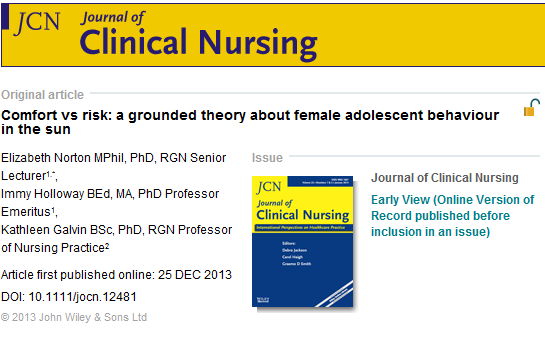
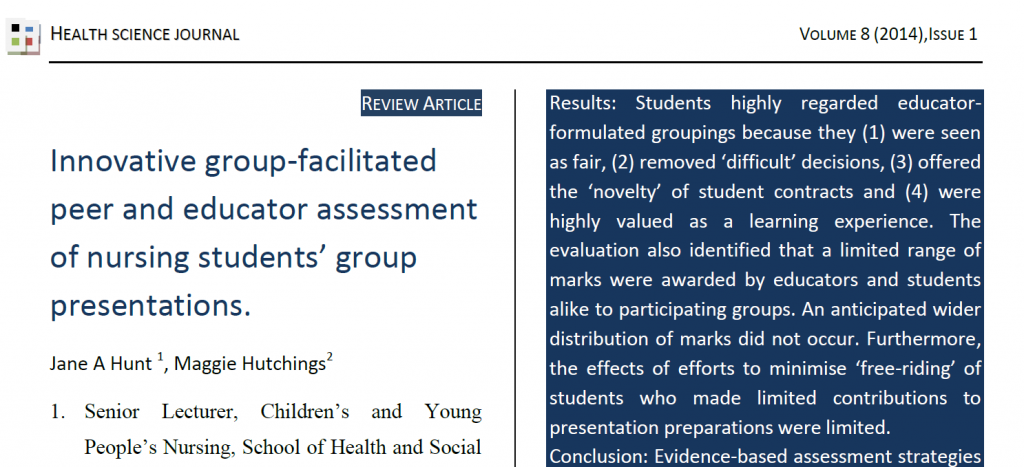

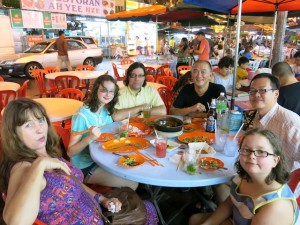
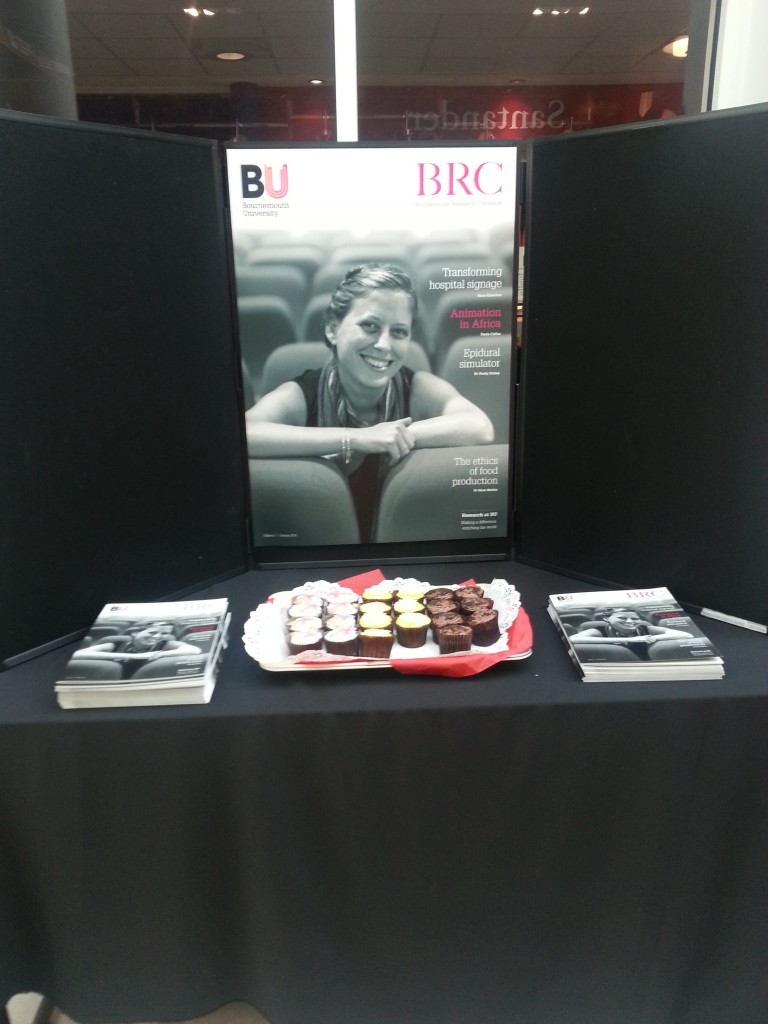
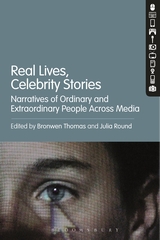
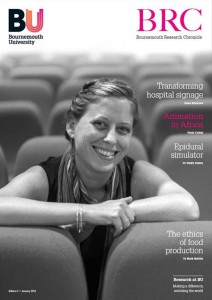
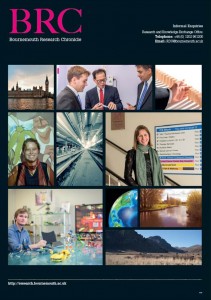


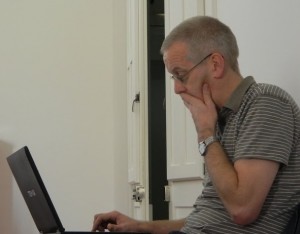

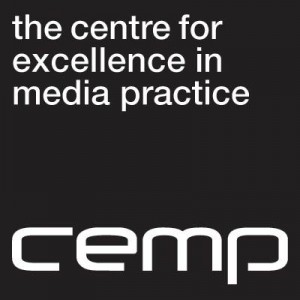












 Fourth INRC Symposium: From Clinical Applications to Neuro-Inspired Computation
Fourth INRC Symposium: From Clinical Applications to Neuro-Inspired Computation ESRC Festival of Social Science 2025 – Reflecting back and looking ahead to 2026
ESRC Festival of Social Science 2025 – Reflecting back and looking ahead to 2026 3C Event: Research Culture, Community & Cookies – Tuesday 13 January 10-11am
3C Event: Research Culture, Community & Cookies – Tuesday 13 January 10-11am Dr. Chloe Casey on Sky News
Dr. Chloe Casey on Sky News Final Bournemouth University publication of 2025
Final Bournemouth University publication of 2025 ECR Funding Open Call: Research Culture & Community Grant – Application Deadline Friday 12 December
ECR Funding Open Call: Research Culture & Community Grant – Application Deadline Friday 12 December MSCA Postdoctoral Fellowships 2025 Call
MSCA Postdoctoral Fellowships 2025 Call ERC Advanced Grant 2025 Webinar
ERC Advanced Grant 2025 Webinar Horizon Europe Work Programme 2025 Published
Horizon Europe Work Programme 2025 Published Update on UKRO services
Update on UKRO services European research project exploring use of ‘virtual twins’ to better manage metabolic associated fatty liver disease
European research project exploring use of ‘virtual twins’ to better manage metabolic associated fatty liver disease